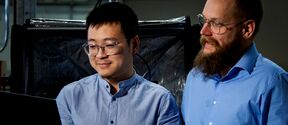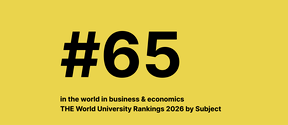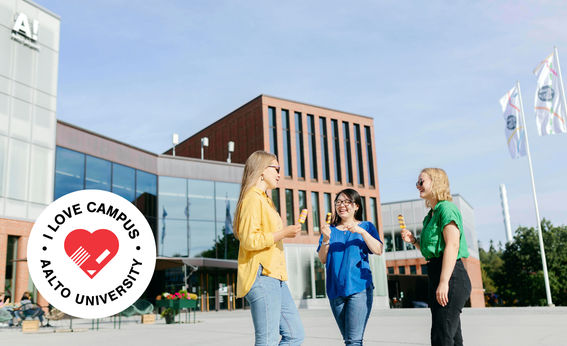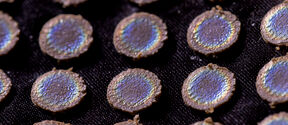Growing Design - The natural alchemy of becoming.
Maurizio explores partnering with Funga to deliver a re-generative material culture.







Maurizio explores partnering with Funga to deliver a re-generative material culture.

Opening in February at Aalto University, the Laboratory of Hope exhibition is full of hope

Better Business — Better Society Seminar Series offers opportunities to learn about and discuss current societally important topics monthly.
Tiny House Shadow is an all black tiny home designed by Professor Matti Kuittinen. Shadow is a resource-efficient building concept that combines circular economy, minimalist design and sustainable development. Shadow in located in Southern Finland.








Explore Aalto University through a variety of content!

Biomaterials and 3D-printing conjure a sparkle out of wood without harming people or the environment

Inspired by the saying that you should walk a mile in someone’s shoes to understand them, the ‘Walk in my shoes’ series aims to share some of the experiences, thoughts, perspectives and challenges faced by members of the Aalto community.

Aalto University has produced a film to highlight its creative culture.

A hyperspectral snapshot captures all the light in a scene, not just colours or infrared light. The extra information is useful in many applications, from agriculture and conservation to forensics and food safety.

It is clear that the textile, clothing and fashion industries need to change. How do we do it? Discover the Aalto University community's visions for a sustainable fashion future.

Painting Energies is a podcast about light, colour, plants, microbes, and electrical energy. Eleven conversations with invited guests explore their relations, and our relations to them, through a dialogue across science, technology, art and philosophy.
Information on how Russia's invasion of Ukraine affects Aalto University’s operations.
